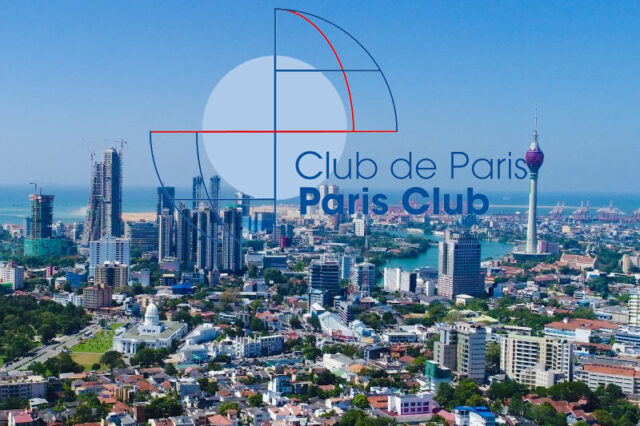S
ri Lanka is set to sign agreements on restructured debt with Paris Club creditors this Wednesday, announced Cabinet spokesman Minister Bandula Gunawardana. Sources indicate that discussions with private creditors are also scheduled to commence later in the week.
Senior officials and State Minister Shehan Semasinghe have already traveled abroad to finalize these agreements, Minister Gunawardana confirmed.
Following a sovereign default in 2022, Sri Lanka has engaged in extensive negotiations with bilateral creditors, with President Ranil Wickremesinghe personally meeting leaders of friendly nations to expedite the restructuring process. Minister Gunawardana hailed the completion of the restructuring as a “great victory” for Sri Lanka.
President Wickremesinghe will provide detailed information to Parliament and address the nation on Wednesday, Gunawardana added.
Discussions with private bondholders are ongoing, with face-to-face talks expected to begin on Thursday, sources revealed.
Bloomberg Newswires reported that investors on a steering committee representing key bondholders have paused trading and entered a ‘restricted’ period.
Sri Lanka aims to restructure $12.5 billion in sovereign bonds and approximately $1.7 billion in overdue interest following the external default declared in 2022.
Private investors are seeking the introduction of macro-linked bonds, whose final value is tied to dollar GDP, alongside standard ‘plain vanilla’ bonds with an upfront haircut. This approach is unprecedented in sovereign restructurings. In the latest discussions, more plain vanilla bonds may be considered, sources familiar with some bond investors’ perspectives indicated.
ISB holders have proposed a 28% haircut and a 1.8% consent fee. The macro-linked bonds would have their principal adjusted to up to 92% of the original amount, depending on GDP growth.
Sri Lanka is utilizing an IMF debt sustainability model designed for middle-income countries with market access, as opposed to the model used for low-income countries like Ghana, which requires deeper haircuts on both domestic and foreign debt.
Haircuts may vary based on bond maturity and coupon interest rates.
Ghana, which began accessing capital markets around 2007, has higher levels of commercial debt and has sought IMF assistance 18 times. Like Sri Lanka, Ghana’s central bank faces challenges and operates a flexible inflation targeting regime without a clean float, resulting in high interest rates and inflation exceeding 20%.
Ghana’s central bank targets an inflation rate of 8% plus or minus 2%, while Sri Lanka targets 5% plus or minus 2%. Despite being an oil producer, Ghana frequently encounters currency instability, similar to Iran, Venezuela, and Nigeria, which targets 6-9% inflation but experiences over 20% inflation and currency issues.
Since achieving monetary stability in September 2022, Sri Lanka has undershot its inflation target and appreciated its currency, providing a strong foundation for economic recovery.
















